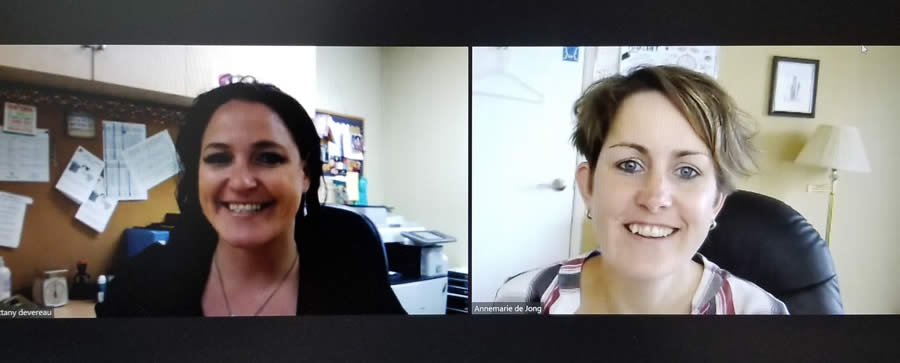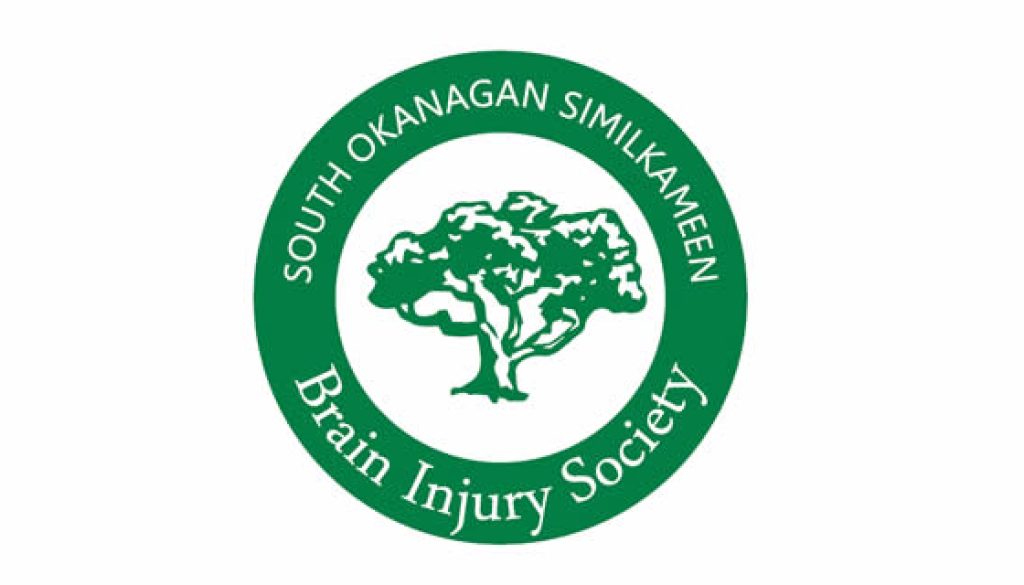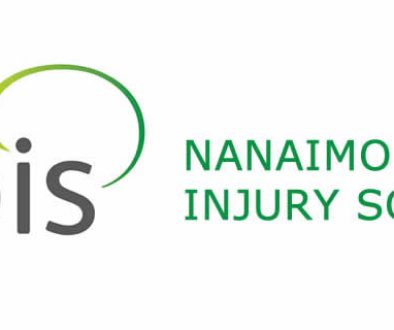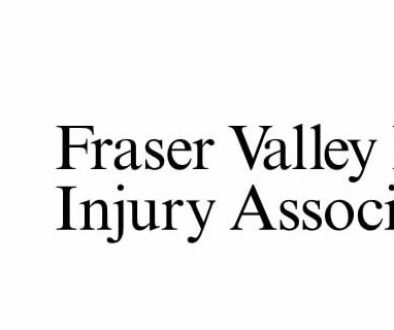SOSBIS – Telephone Support And Weekly Zoom Meetings During Covid-19
Brain Injury can happen to anyone, anywhere, anytime. For people living with Acquired Brain Injury, their lives have changed forever. A brain injury can affect every aspect of someone’s life, but is not always visible on the outside. The ability to perform activities of daily living and routines can be hugely impacted if you have difficulty remembering or when your ability to make decisions and problem solve a situation is affected. A speech impairment makes it hard for people to communicate with others. Fluctuating changes in mood and personality changes often affect the brain injury survivor’s relationships with family and friends.
Supporting people to establish a daily routine is one of the things we assist with at the South Okanagan Similkameen Brain Injury Society. The structure of routine helps people regain control over their lives again and it has proven to be helpful in their process of recovery.
But then there was the COVID-19 pandemic, which changed the support available for everything.
As human beings we struggle with changes; we prefer to stay in our comfort zone and changes often bring feelings of anxiety and uncertainty. With the COVID-19 pandemic things started to change rapidly; no more visiting with friends or grand-parents, work needs to be done from home if possible and self-isolation is mandatory when we experience any cold- or flu-like symptoms. Coping with these changes and living in uncertainty can be extra difficult for those living with a brain injury, for the ones relying on their daily structure and routines.
For our agency, this COVID-19 pandemic has provided us with an opportunity to find different ways to continue to support our clients. We have created a check-in call list and provide weekly telephone assistance, especially for those that have no family or other support network. Initially the main focus was to make sure that people’s basic needs were met; making sure that people had food, shelter and access to healthcare. With other services closing down and no longer being able to do in-home appointments, we had to be more creative in finding alternative solutions.
While the COVID-19 situation was a daily topic of conversation in our organization, on the news and the internet, some of our clients had no idea what was going on. Providing education in an effort to prevent this client population from getting sick or spreading the virus became suddenly an important part of our daily work.
Not knowing when this situation will end, having no or limited face-to-face interactions and dealing with all those major changes is having a major impact on the lives of our clients. We see an increased number of people dealing with feelings of depression and anxiety, changes and concerns about loss of income, not being able to go out and get groceries because of poor health and feeling lonely and isolated.

Having weekly group sessions via Zoom, such as our Brain Injury 101 and Writing Out Loud program, has become a great opportunity for people to connect with each other. We created a step-by-step manual for the ones that had never used the program before and provided telephone assistance to help them set up.
A majority of our clients benefit from our telephone support and weekly Zoom-meetings but it doesn’t meet the needs of every individual. As a team we try to find different ways to assist our clients the best way we can. Going for a weekly walk has given one of our clients something to look forward to, something that motivates her to get out of bed and ready for the day.
Checking in with the lady with aphasia at her front door to make sure that she has enough groceries for the week not only puts a smile on her face, but also on ours. Those little things make a huge difference in people’s lives. And seeing the impact of what we do makes us realize how essential our work is!




